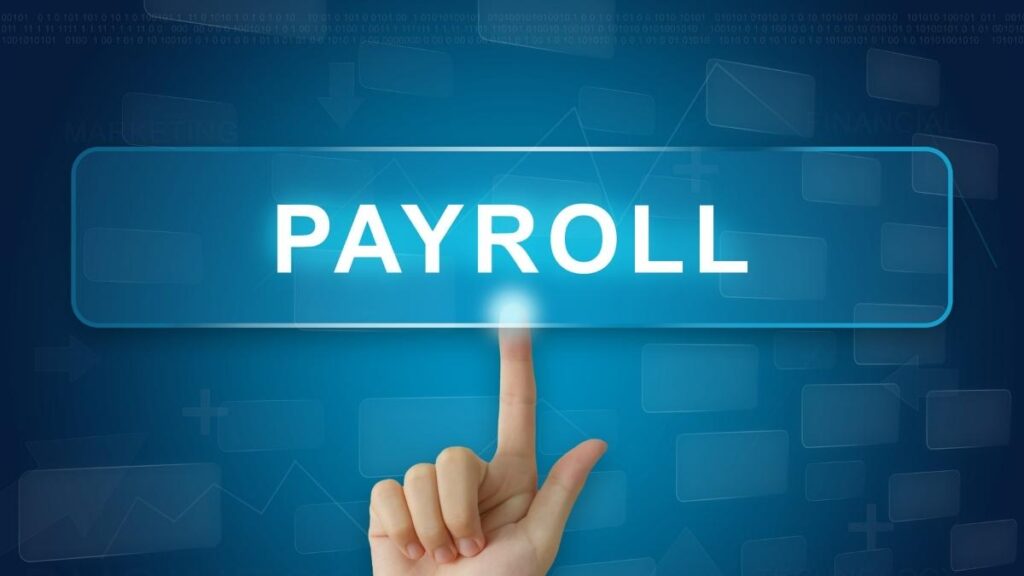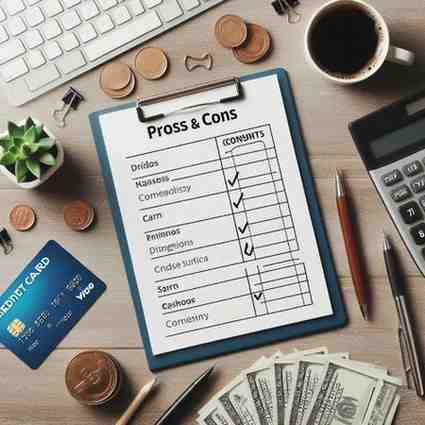Can you pay payroll with a credit card? For U.S. small business owners, this question arises during cash flow crunches or when eyeing credit card rewards. Using a credit card to fund payroll can keep employees paid on time and earn you cashback or miles. But it’s not as simple as swiping a card. This guide explains how it works, the best tools, and whether it’s right for your business in 2025.
Real User Story: Jake, a Seattle-based contractor, used Plastiq to fund his $15,000 monthly payroll with a credit card, earning 30,000 Chase points. “It bridged a gap when a client delayed payment, and the rewards covered a team retreat,” he says.

Why Consider Paying Payroll with a Credit Card?
Payroll is often a business’s biggest expense, averaging 20–30% of overheads. When cash is tight or clients pay late, a credit card can be a lifeline. Benefits include:
- Cash Flow Flexibility: Up to 60 days interest-free to pay off the balance.
- Rewards: Earn cashback (e.g., 2% with Capital One Spark Cash) or travel points.
- Emergency Funding: Avoid payroll delays during unexpected cash shortages.
However, high fees and compliance risks make it a short-term strategy, not a long-term fix.
Why Traditional Payroll Providers Don’t Allow Direct Credit Card Payments
Most payroll platforms (e.g., ADP, Gusto, QuickBooks) don’t support direct credit card payments for employee wages due to:
- High Fees: Credit card transactions incur 2–3% processing fees, increasing costs.
- Compliance Complexity: IRS and labor laws require precise wage and tax tracking, which credit cards complicate.
- System Design: Traditional payroll relies on ACH, direct deposits, or checks.
Third-party services like Plastiq or Zil Money bridge this gap by charging your card and sending funds via ACH, wire, or check,.
How Paying Payroll with a Credit Card Works
Here’s the process for U.S. businesses in 2025:
- Choose a Platform: Use Plastiq, Melio, or Zil Money.
- Link Your Card: Connect a business credit card (e.g., Chase Ink Business Preferred).
- Upload Payroll: Enter employee details or integrate with payroll software (e.g., QuickBooks).
- Fund Payment: The platform charges your card and transfers funds to your business account or employees.
- Pay Fees: Expect 2–3% per transaction (e.g., $200–$300 on a $10,000 payroll).
- Track Transactions: Record payments for bookkeeping and IRS compliance.

Pros and Cons of Credit Card Payroll
Pros
- Cash Flow Relief: Up to 60-day grace period to pay off the balance.
- Rewards: Earn 1–2% cashback or points (e.g., 90,000 Chase points for $8,000 spend).
- Instant Funding: Funds transfer quickly, ensuring timely payroll.
- Simplified Tracking: Consolidated charges on your credit card statement.
Cons
- Fees: 2–3% per transaction (e.g., $2,900 on a $100,000 payroll).
- Interest Risk: APRs of 15–29% if you carry a balance.
- Limited Acceptance: Requires third-party platforms; employees may not accept cards directly.
- Compliance Risks: Errors in tax or wage reporting can lead to penalties.

IRS and Labor Law Considerations
Using a credit card doesn’t exempt you from U.S. tax and labor laws:
- IRS Compliance: Calculate and pay payroll taxes (Social Security, Medicare, federal income tax) accurately. Credit card fees are tax-deductible as business expenses.
- FLSA: Ensure employees receive at least minimum wage; fees cannot reduce net pay below this.
- EFTA: If using payroll cards, offer alternative payment methods (e.g., direct deposit).
- State Laws: Check state regulations (e.g., California’s EDD requires specific payment methods).
Consult a tax professional to ensure compliance with IRS guidelines and state laws.
Best Credit Cards for Payroll in 2025
Choose a card with high rewards or low interest to maximize benefits:
- Chase Ink Business Preferred®
- Rewards: 3x points on travel, shipping, and select business purchases (up to $150,000/year).
- Welcome Bonus: 90,000 points after $8,000 spent in 3 months.
- Best For: Businesses chasing travel rewards for payroll.
- Capital One Spark Cash Plus
- Rewards: 2% unlimited cash back.
- Welcome Bonus: $1,200 after $30,000 spent in 3 months.
- Best For: High spenders seeking cashback to offset fees.
- American Express Blue Business® Plus
- Rewards: 2x Membership Rewards points on all purchases (up to $50,000/year).
- Welcome Bonus: 15,000 points after $3,000 spent in 3 months.
- Best For: Small businesses with moderate payrolls.
Read also: Best Cash Back Credit Cards 2025
Top Tools for Paying Payroll with a Credit Card
1. Plastiq
How It Works: Pay employees or vendors with a credit card, even if they don’t accept cards. Integrates with QuickBooks. Fees: 2.9% per transaction; $0.99 for same-day ACH, $8.99–$39 for wires.
Best For: Businesses chasing rewards or needing flexible payment options.
2. Melio
How It Works: Fund payroll via credit card and send payments via ACH, check, or wire. No recipient account needed. Fees: 2.9% per credit card transaction; free for ACH with bank funding.
Best For: Startups paying contractors and vendors.
3. Zil Money
How It Works: Charges payroll to your card, transfers funds via ACH, check, or wire. Integrates with QuickBooks, Gusto. Fees: 2.9% per transaction.
Best For: Small businesses needing cash flow solutions.
2025 Payroll Trends
- Digital Wallets: Platforms like Melio integrate with Apple Pay/Google Pay for faster funding.
- AI Automation: Zil Money’s AI-driven payroll tools streamline compliance and reporting.
- Eco-Friendly Rewards: Cards like Amex Blue Business Plus offer bonus points for sustainable vendors in 2025.
When to Pay Payroll with a Credit Card
Use this strategy when:
- Cash Flow Is Tight: Bridge gaps while awaiting client payments.
- Chasing Bonuses: Meet spending requirements for rewards (e.g., 90,000 Chase points).
- Emergencies: Avoid payroll delays during cash shortages.
Avoid long-term use due to fees and interest risks. Explore alternatives like business lines of credit or invoice factoring for sustainability.
FAQs About Paying Payroll with a Credit Card
Can I use a credit card to pay W-2 employees?
Yes, via third-party services like Plastiq or Zil Money, which send funds via ACH or check. Ensure IRS compliance,.
Will it count as a cash advance or hurt my credit?
Most platforms process as purchases, not cash advances. Carrying a balance can lower your credit score.
Is it legal to fund payroll with a credit card?
Yes, if you meet IRS and labor law requirements. Check state regulations and consult a professional,.
How do fees compare to rewards?
A 2.9% fee on a $10,000 payroll is $290, but 2% cashback earns $200, netting a $90 cost. Weigh rewards vs. fees.
Conclusion
Can I pay payroll with a credit card in 2025? Yes, with platforms like Plastiq, Melio, and Zil Money, U.S. businesses can fund payroll, earn rewards, and manage cash flow. But 2–3% fees and compliance risks make it a short-term tool. Start with Plastiq today at Plastiq or explore business credit cards. Pay balances in full and consult a tax professional to stay compliant. Keep your team paid and your business thriving!
Disclaimer: This content is informational, not financial or legal advice. Verify terms with providers and consult

Emma Rose is a U.S.-based personal finance writer and a regular contributor at Cardix.us. She focuses on topics like credit cards, credit scores, and everyday money management. Emma’s writing makes complex financial concepts simple and practical, helping readers make smarter credit and spending decisions with confidence.


